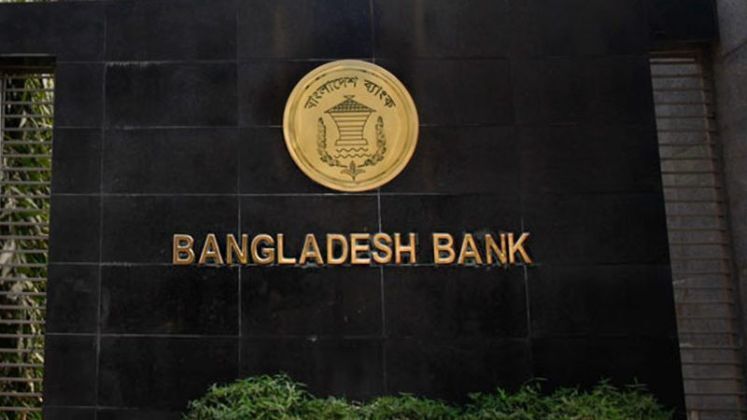
Regarding import payment delays by some state-run and Shariah-based banks, the Bangladesh Bank (BB) has issued a strong warning, claiming that such problems could damage the nation’s reputation abroad and increase import prices for customers who are already struggling financially.
Letters of credit (LC) delayed payments already total $400 million, according to BB officials, with state-run banks being the main source of this backlog. These worries were brought up in a recent meeting with the governor of Bangladesh and the managing directors and CEOs of seventeen banks. The conversation focused on the detrimental effects on Bangladesh’s reputation in international markets.
The central bank said in an official notification that delays damage Bangladesh’s reputation and increase import transaction costs including trade credit and confirmation fees. With the country’s foreign exchange situation improving, the letter made it clear that banks’ late payments are “not acceptable.”
Speaking on the condition of anonymity, the BB representative disclosed that the delays have been caused by the taka and dollar crises, as well as a shortage of credit availability for importers and a prevalent culture of non-payment. Due to persistent payment problems, certain correspondent banks have raised confirmation fees, which have gone from 2–2.5 percent to as much as 4 percent.
According to the official, Bangladesh spends about $100 million a year on confirmation fees, underscoring the financial consequences of harm to the banking industry’s reputation. According to reports, a number of international lenders have lowered or halted credit lines; Mashreq Bank, based in Dubai, has already done so for Bangladesh.
Mutual Trust Bank’s managing director and CEO, Syed Mahbubur Rahman, admitted that late payments on import invoices lead to higher fees. In contrast to earlier practices, he continued, correspondent banks are now rigorously examining importers’ identities.
In direct response to the persistent problems, the central bank directed banks to guarantee sufficient credit lines for importers prior to creating LCs and to promptly settle outstanding import bills. In order to enable prompt import payments, the notice also required banks to maintain suitable cash flow and finance arrangements.
The BB’s notification ended with a warning that sanctions, including personal accountability for the officials causing the delays, could follow noncompliance with these recommendations.






